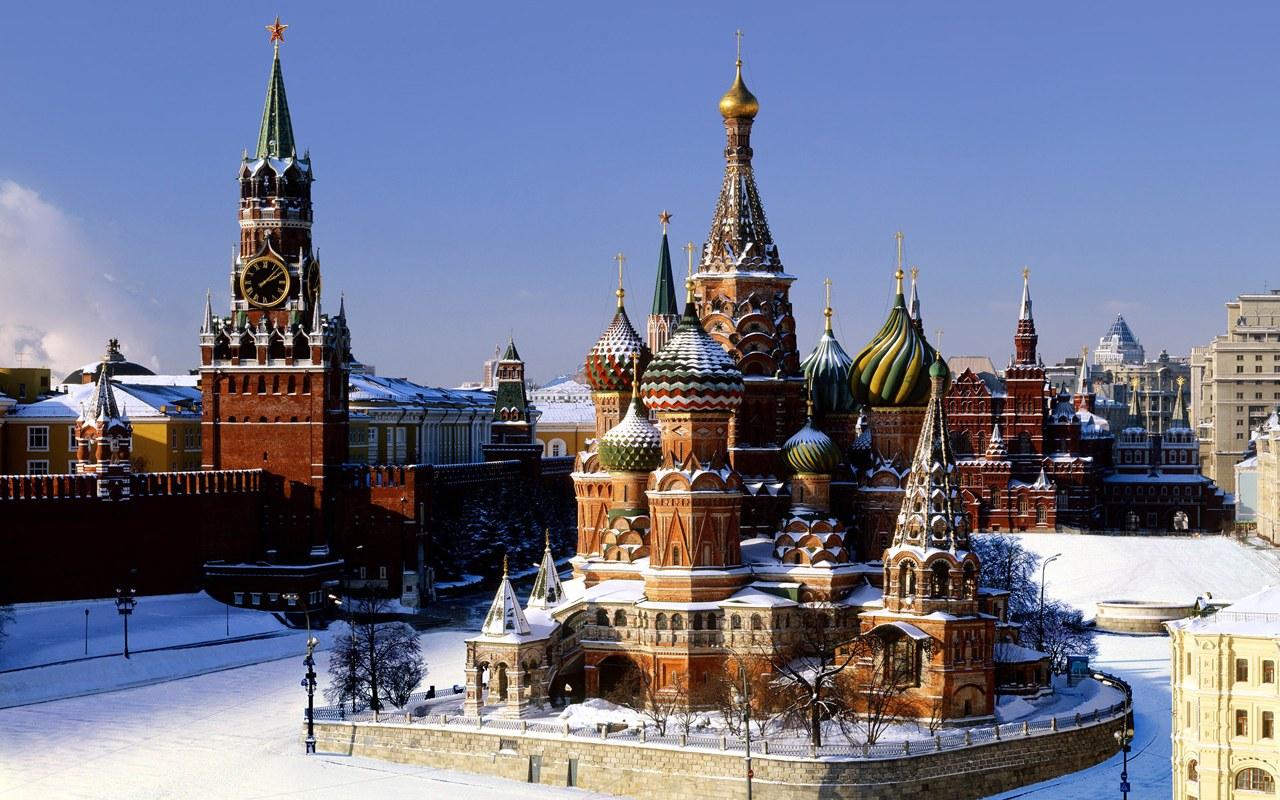I’ll cover a lot of random subjects, but let me start with an invitation. I was invited to give a talk about China and Japan at my alma mater, the University of Colorado at Denver. Here is the invite:
We are pleased to invite you to an upcoming International Executive Roundtable on Thursday, April 15, 2010 to be held from 12 noon to 1:30 PM. Vitaliy Katsenelson will address the topic “China—The Mother of all Bubbles and Japan—Past the Point of No Return”.
Vitaliy Katsenelson is director of research and a portfolio manager at Investment Management Associates, Inc., a value investment firm based in Denver. He is the author of the book “Active Value Investing: Making Money in Range–Bound Markets”. He also taught the graduate business class, Practical Equity Analysis, at the University of Colorado Denver for seven years. A native of Murmansk, Russia, he holds undergraduate and graduate degrees in finance from the University of Colorado Denver.
This roundtable will be held in the XMBA Auditorium in the CU Building, located at 1250 14th Street, Suite 150. Lunch will be provided by the Institute for International Business. Please RSVP for this event by Tuesday, April 13 via email to or by calling 303-315-3710. Space is limited, and reservations will be taken on a first-come, first-served basis.
I created a new Facebook profile where I only have a few dozen friends, and I’d like to keep it that way. However, if you just want to follow my random thoughts and have a discussion online, I created a new page on Facebook just for that: http://bit.ly/vnk-fb . Also, here is my Twitter page: http://twitter.com/vitaliyk .
Vodafone
Vodafone (VOD) stock is finally starting to show signs of life. I’ve discussed it a few times in the past (in these interviews with TechTicker and Barron’s); also here is a one page summary of our thinking on the company. In short, Verizon (VZ) has two businesses – a wireline business and Verizon Wireless. Verizon owns 55% of Verizon Wireless and Vodafone owns 45%. Verizon Wireless has not paid dividends to Vodafone since 2005 and thus the street puts almost zero value on Vodafone’s stake in Verizon Wireless. There is the misperception that Verizon, the majority shareholder, is trying to royally screw a minority shareholder. This perception is utterly wrong.
Verizon Wireless was building out its network aggressively since 2005, thus tens of billions in cash flow were reinvested back into the wireless business for which it is reaping rewards today. Also, a few years ago Verizon Wireless bought Alltel and borrowed around $30 billion to finance it, a good chunk of which came from the Verizon in intercompany loans. Verizon Wireless did not pay dividends to Vodafone because it was paying down debt, which will be done within a year or so.
The street is missing a very important factor: VOD has a veto power over Verizon/Verizon Wireless intercompany loans and large acquisitions; thus Vodafone’s acquisition of Alltel and the intercompany loan that followed to finance acquisition were approved by Vodafone, and were in Vodafone’s best interests.
But even if “evil” Verizon wanted to screw minority shareholder Vodafone and hoard the dividend forever, it could not. After the Alltel intercompany loan is paid off, the only way for Verizon to get a hold of Verizon Wireless cash flows is for Verizon Wireless to pay a dividend to Verizon and Vodafone.
Verizon does need the dividend from Verizon Wireless, as Verizon’s wireline business doesn’t generate enough free cashflow to cover Verizon’s (the public company) dividend payments. Verizon Wireless is the cash cow, generating about $10 billion of free cashflow a year, and is responsible for a large portion of Verizon’s free cashflow.
VOD’s stock came to life yesterday after it was reported that Vodafone was putting pressure on Verizon to either pay out a dividend, merge with Vodafone, or spin off Verizon Wireless. Every one of these scenarios would put appropriate value on Vodafone’s stake in Verizon Wireless.
Russia
A friend found the very first interview I ever gave. It is very short, less than one page long. In 1997, I worked for a few months at Lipper Analytical. Lipper interviewed some of their new employees in the company’s newspaper.
What it is interesting to me is how wrong I was about Russia in the interview. I thought Russia had great potential in the 21st century because of its highly educated workforce and natural resources. What I did not realize at the time was that natural resources are not a blessing but a curse for a developing economy, even if it is commodity-rich. Capital gravitates to the highest, most efficient use. Since return on capital in the Russian oil and gas industry when commodity prices were high far exceeded the returns in non-commodity industries, capital was sucked out from non-commodity industries and flew to oil and gas.
Although through government efforts defense industry production increased, most other industries either stagnated or weakened over the last ten years. On top of that, commodity exports drove up the price of the Russian ruble, making non-commodity industries less competitive in the global market. The software or other high-technology industries I fantasized about in 1997 never meaningfully developed. Russia is a trick petrochemical pony.
A joke comes to mind here, especially appropriate today since we are in the middle of Jewish Passover: It took Moses 40 years to find a place in the Middle East that has no oil. Now, if you think about that in the context of Russia, the lack of natural resources was a blessing for Israel, as it was forced to develop a high-technology industry.
Randoms
- I had an article (re)published in Financial Planning Magazine (here is a link). In the article I make a case for strenuous regulation or breakup of too-big-to-fail financial institutions.
- If you did not see it, here is my article in the Christian Science Monitor: “China: the coming costs of a superbubble.”
- An excellent article in BusinessWeek describes what is taking place in Venezuela. If you had hopes that government intervention could make things better for the economy, read this article. I was reading and vividly recalling images of supermarkets in Soviet Russia: the government was the economy, prices for everything were centrally set, grocery store shelves were empty, there were long lines to buy poultry, meat, and even toilet paper, etc. I remember my mother running to another part of town on a tip from a neighbor that a store had a delivery of chickens. So if you think government will do a better job in the US running healthcare, I wouldn’t be too sure about that.
- And here’s a terrific white paper about the Chinese bubble, by Edward Chancellor of GMO (here is a link to the PDF).










0 comments